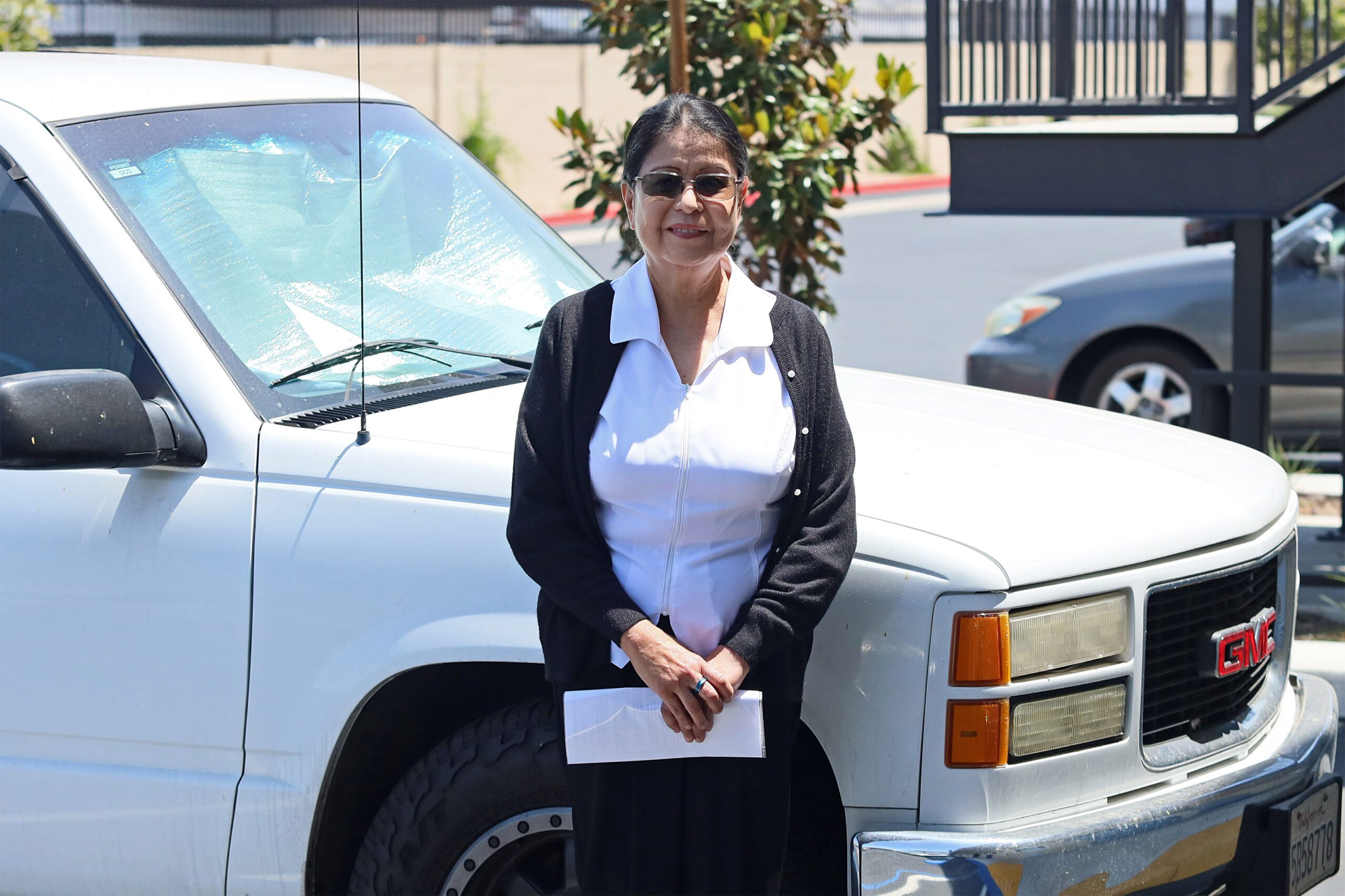CANNABIS CULTURE – Thursday 22 September was historic.
On this day, the Alliance for Rights-Oriented Drug Policies (AROD) and the Patient Association for Safe Cannabis Use (PASCAN) held a demonstration for accountability in drug policy.
On behalf of the politically persecuted and discriminated groups, as well as employees of the police and prosecution authorities, the relationship between the Royal Commission’s detection of public panic and human rights violations was explained, and constitutional principles declared to invalidate differential treatment from alcohol.
Not only is there a presumption of freedom in the Constitution, which means that
punishment must be defended, but the hypocrisy in the drug field has fatal consequences.
Prohibitionists have not explained why cannabis users must be deprived of autonomy, or
how society is served by criminalization. No one has ever shown what a cannabis grower has
done that is worse than a brewer of alcohol, yet potentially life-ruining penalties are
maintained.
 A paradigm shift
A paradigm shift
This is problematic. Punishment must be justified, and according to the report of the Royal
Commission on Drug Policy Reform, the burden of proof rests with the state. It is up to those
who want to use violence and excessive authority to explain why two types of morality in the
drug policy equals justice, but the prohibitionists shy away from the challenge.
Rather than explaining the relationship between ends and means, the reasoning behind the
classification of drugs, or the dubious basis for threshold values, the use of force is allowed
to prevail. The supporters of punishment may hope for a return of the totalitarian winds of
the 1980s, but it is not possible to defend the prejudices on which the drug laws are based.
After fifty years of criminalization, there are more cannabis users than before, and the
relationship with human rights is becoming increasingly suspect.
In fact, more and more nations are leaving the idea of a drug-free world behind. In Norway,
the transformation is not complete, but the Director of Public Prosecutions rejects the utility
of this ideal. He also points out the double standards in drug policy, as well as the lack of a
basis for punishment, so what is left of the credibility of the prohibition quest? How can
police officers trust the use of force? How can citizens maintain confidence in the state and
the judiciary?
As more and more countries regulate the drug marked, such doubts are deeply felt. If a
drug-free society is not an achievable goal, the choice is between a criminal market or a
regulated market. The latter appears far better suited to protect children and young people
from the destructive dynamics of prohibition, and on this background AROD and PASCAN
launched a campaign for human rights.

Cannabis for Human Rights
It was a memorable event. In addition to petitions, music, and good weather, the square in
front of the Norwegian parliament was covered in the unmistakable smell of cannabis.
Engaged citizens showed up with plants, joints, and user equipment, but the police did not
intervene. As such, the uncertainty that surrounds the use of force was exposed, and the
demonstration ended with piles of cannabis plants being brought to the Storting.
This was an opportunity to clean up a lawless room, but the parliamentary guard would not
accept the plants. “Take them home with you,” was the response from authority. Norwegian
activists could not accept such a denial of responsibility, so the plants were left by the front
door of the Storting. In the end, the head of security took care of them, but promised to
involve the police, and activists are waiting for authority’s response.
The police have been tried before, without success. Last year, AROD had a cannabis sale for
human rights outside the Main police station in Oslo, but the police failed to support the rule
of law. That is why this year’s event was planned before the Storting. The Norwegian courts
are looking to the politicians to solve the problems of drug policy, and it is high time. For 20
years, decriminalization has been professionally recommended, and questions must be
answered if the prohibition should be continued with an aura of legitimacy.
The State’s Responsibility
Norwegian activists therefore hope that the politicians will use the opportunity to ensure
human rights protection. All representatives have been held responsible for continuing a
regime of unlawful punishment, and to the extent that a totalitarian political program is put
ahead of constitutional principles, there will be repercussions. More and more people are
realizing that a truth and reconciliation commission is needed, and the government would
be wise not to ignore the duty to provide an effective remedy.
The fact is that for 13 years Norwegian cannabis users and growers have warned of arbitrary
persecution. During this period, all agencies responsible for drug policy have shied away
from clarifying the proportionality of the use of force, and the problem persi
one wants to look at the connection between moral panic, human rights violations, and the
arbitrary persecution of the past.
As a result, 500,000 criminal cases are constitutionally disputed. Every year, another 20-
30,000 cases are added to this calculation, and it is this blind spot that AROD and PASCAN
want to resolve. During the drug reform, it has become clear that only cognitive dissonance
perpetuates punishment, and it is to be hoped that this event will help the Storting to deal
with the sins of the past.












